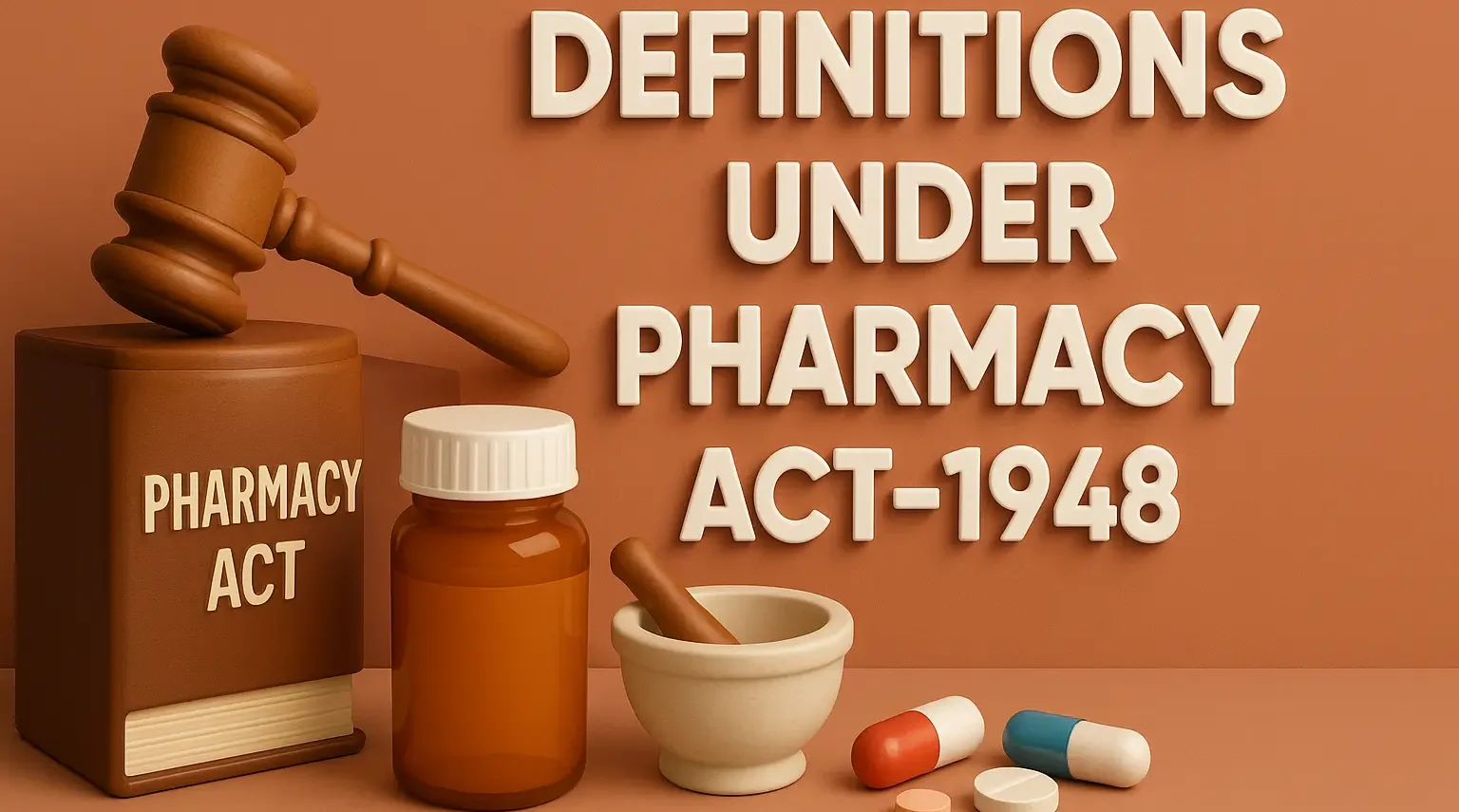Registration of Pharmacists under the Pharmacy Act 1948
Learn the process and requirements for registration of pharmacists under the Pharmacy Act 1948 to practice legally in India. Eligibility Criteria: Education: Recognized pharmacy degree (D.Pharm, B.Pharm, M.Pharm). Age: No strict age limit, but educational timelines must be met. Character: Good moral character and ethics. Nationality: Indian citizenship (foreign pharmacists may register under specific conditions). … Read more










